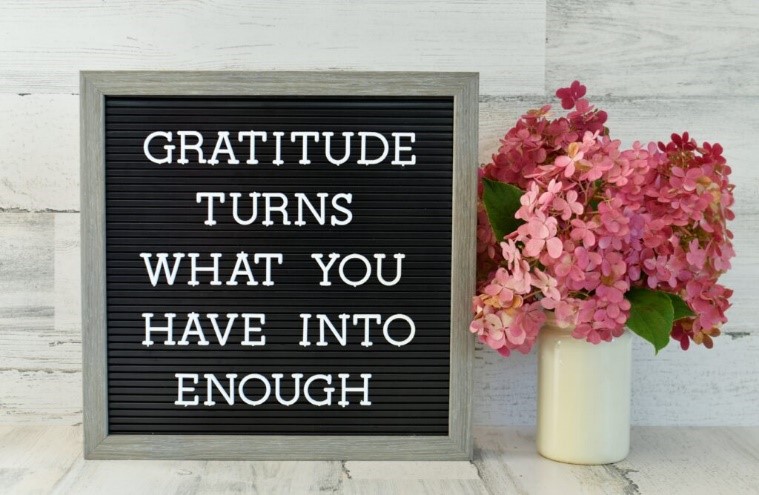Once you’ve moved to acceptance of yourself in your situation, you can start to move forward. Start rethinking; re-prioritizing things that you like to do with your remaining time. Find a new philosophy of life, put family and God first, and strive to make each day count.
When I was almost at the bottom and feeling discouraged a member of the sailing club saw I was about to give up and he came over to give me a pep talk. I told him all things I tried to do to make my sailboat go faster, how I tried to keep up with the fleet....
We are all going to die. But the fact that there was a relative estimate of the time frame somehow allowed me to have a whole new outlook on life. One I wish I could share with everyone.
This page provides links to YouTube videos for Dementia Talks.
Unfortunately, I did not start keeping track of my references until later in the process. As such some are missing. I am in the process rebuilding them and creating links in the Article, but as with any thing this takes time.
Gratitude is Coping Mechanism #4. This coping mechanism, sets up so many things. Being grateful it not only changes your attitude, but it enables seeing things with a positive attitude.
One part of living with dementia is that you quickly find out that mornings are the best time. Sleep helps our minds regenerate. Like others, I find my mind clear and ready to take on the day.
The second most important Coping Mechanism that you can develop if you’re struggling with memory issues is using Calendar, Notes and Reminders.
Like the coping mechanism Simplification, coping mechanisms are best implemented as early as possible because we want to build Coping Mechanisms into good habits









